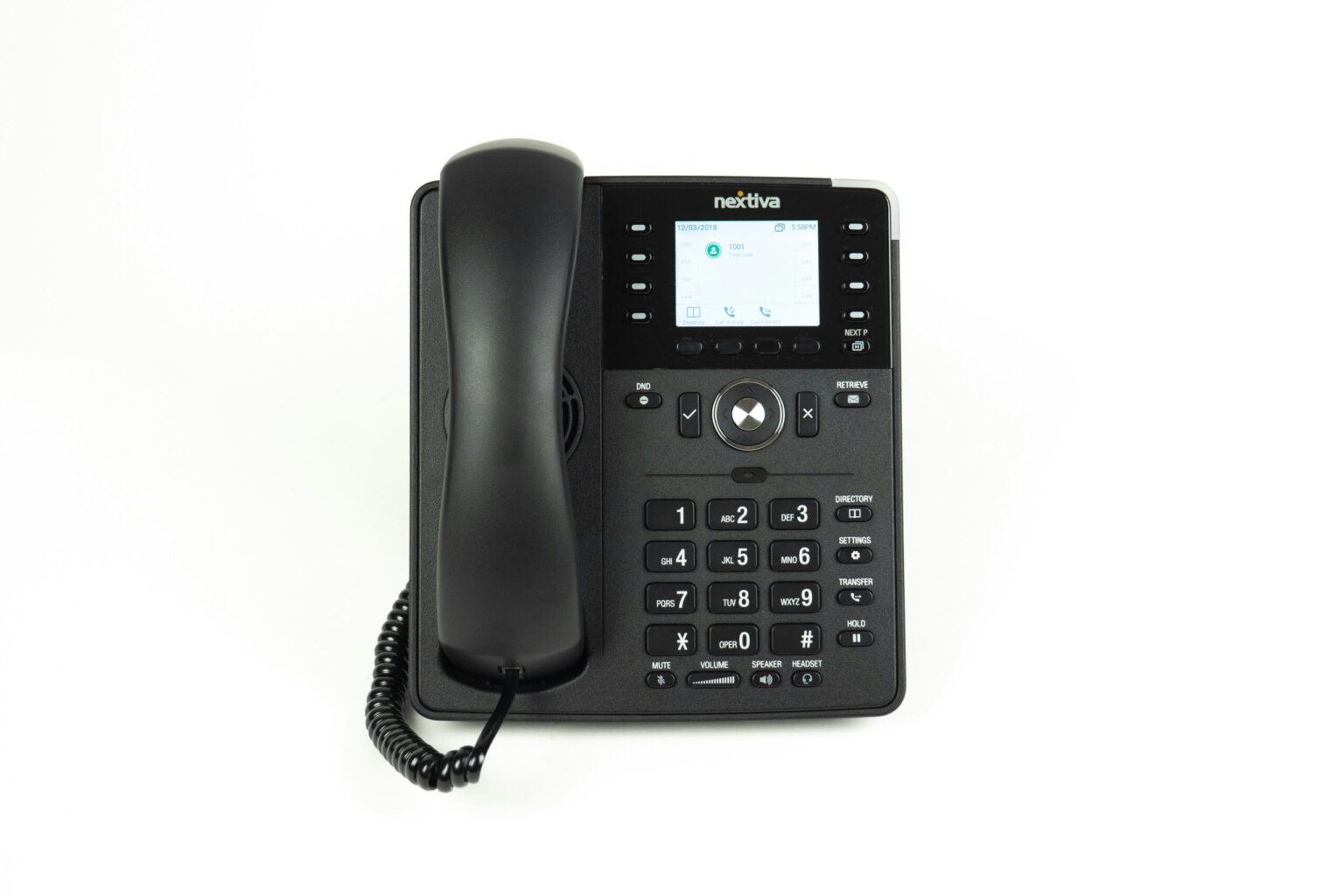The hybrid working model has become a cornerstone of modern business, offering employees the flexibility to work both remotely and in-office. As organisations navigate this blend of work environments, communication remains a critical factor for success.
Voice over Internet Protocol (VoIP) technology has emerged as a complete game-changer, revolutionising how businesses communicate in this era of hybrid work.
Seamless Communication Across Locations
One of the most poignant challenges businesses face with hybrid working is maintaining seamless communication.
Employees may be spread across different locations, time zones, or even countries, but VoIP makes these boundaries almost irrelevant. Unlike traditional phone systems, which rely on fixed infrastructure, VoIP uses the internet to connect calls. This allows employees to make and receive calls from anywhere with an internet connection, whether they’re working from home, a coffee shop, or the office.
The flexibility offered by VoIP ensures that communication isn’t just possible, it’s also efficient. Employees no longer need to rely on personal mobile phones or juggle multiple numbers. With VoIP, a single business number can be accessed from any device, whether it’s a smartphone, laptop or desk phone. This unification simplifies communication for everyone involved, fostering a sense of cohesion within hybrid teams.
Also, VoIP systems often include features like call forwarding, voicemail-to-email transcription, and virtual receptionists, ensuring no call is missed and important messages are easily accessible. For businesses, this means maintaining professionalism and responsiveness, regardless of where employees are based.
Cost-Effective and Scalable Solutions
Another significant advantage of VoIP for hybrid working models is its cost-effectiveness. Traditional phone systems can be expensive to install and maintain, especially when supporting a workforce in multiple locations.
VoIP eliminates the need for such costly infrastructure, because calls are routed through the internet. This drastically reduces phone bills, especially for international calls, which are typically included in VoIP plans at no extra cost.
Scalability is another key benefit. As businesses grow or adjust the size of their workforce, VoIP systems can easily be scaled up or down to meet changing needs. Adding a new employee is as simple as creating a new account, with no need for additional hardware or lengthy setup times. This level of adaptability is particularly valuable for businesses embracing hybrid work where team sizes and locations may fluctuate.
VoIP also integrates seamlessly with other tools businesses use daily, such as project management software and customer relationship management (CRM) systems. This integration allows hybrid teams to streamline their workflows and keep all communication channels interconnected.
The result is is increased productivity and a smoother transition between remote and office-based work.
A Hybrid Future Made Possible
The adoption of hybrid working models shows no signs of slowing down, and technologies like VoIP are playing a pivotal role in making this shift successful. By enabling seamless communication, reducing costs, and offering scalability, VoIP has become an essential tool for businesses adapting to this new way of working.
As businesses continue to explore the potential of hybrid work, VoIP ensures they remain connected, efficient and ready to tackle the future. It’s more than just a communication tool – it’s becoming the backbone of a hybrid working world.





